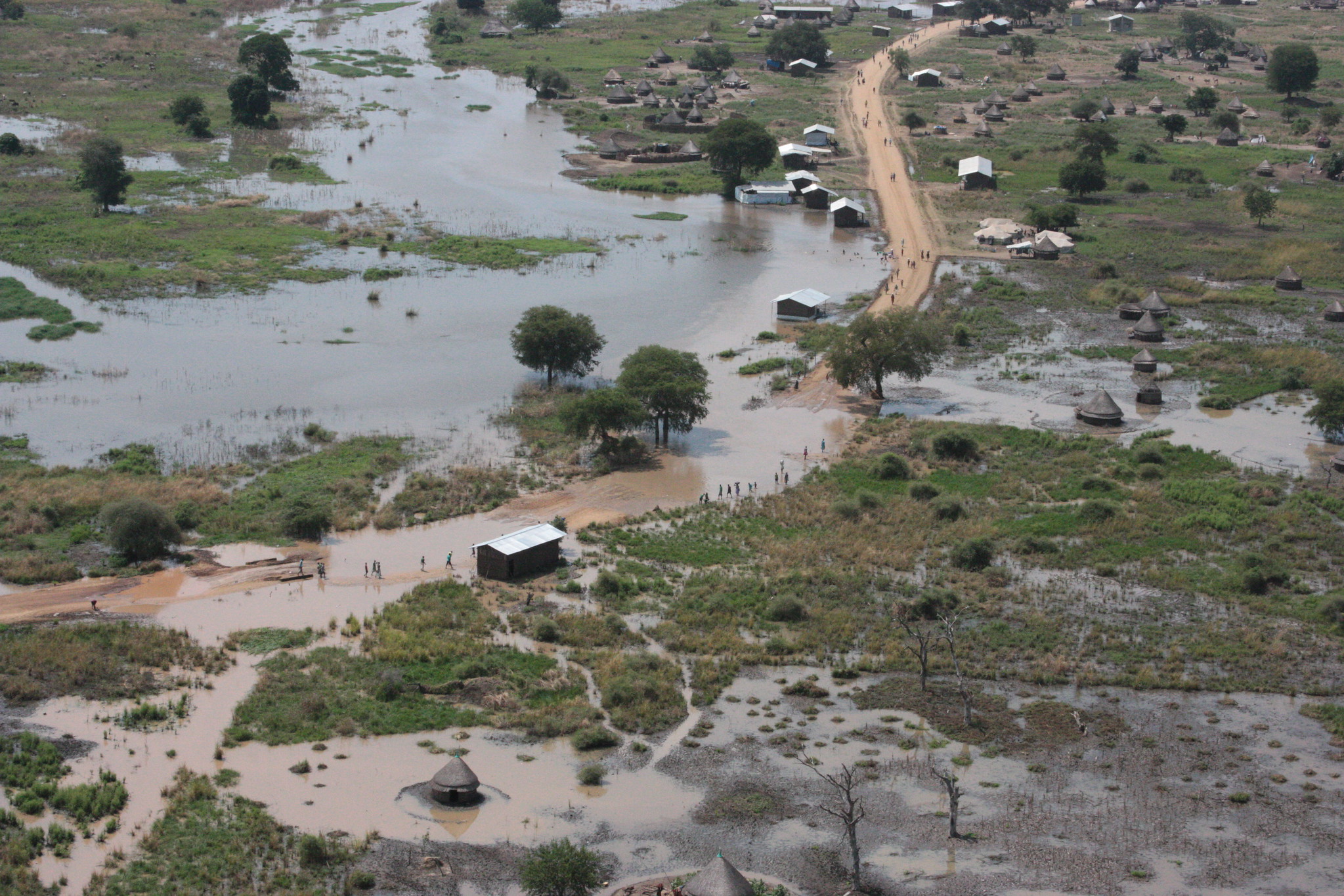Community-developed Early Warning and Early Action Systems: The Case of South Omo Communities in Ethiopia

Authors: Tirsit Sahledingle and Desalegn Amsalu, Institute of Ethiopian Studies, Addis Ababa University
This research delves into the Indigenous early warning and early action systems developed by the agro-pastoralist communities in South Omo, Ethiopia, to respond to natural disasters, particularly floods. Using a combination of spiritual, ecological, and technical knowledge, these community-led systems have been vital in predicting and responding to hazards in the region. The study captures field data from Karo, Daasanach, and Nyangatom communities, highlighting their rich cultural traditions that provide locally effective, rapid-response mechanisms to disaster threats.
While these Indigenous systems are highly valued for their cultural relevance, community ownership, and social cohesion, they face limitations such as subjective interpretations, limited scalability, and the absence of formal documentation. The research emphasizes the need to bridge these Indigenous practices with modern disaster risk management tools, advocating for a hybrid approach that integrates traditional knowledge with scientific methods. Such integration would strengthen the region's overall disaster preparedness and enhance the resilience of these vulnerable communities.
The paper concludes with recommendations for improving the effectiveness of early warning systems, including promoting gender inclusion, better documentation of traditional practices, and ensuring stronger collaboration between community-based and formal disaster management systems. This research, funded by the Global Disaster Preparedness Center, underscores the importance of Indigenous knowledge in building more inclusive and adaptive disaster risk reduction strategies.
Explore the executive summary or full paper for more details.

This research was funded with UK International Development from the UK government. It was part of a multi-country research initiative led by the Global Disaster Preparedness Center of the American Red Cross. Access all final publications here.
